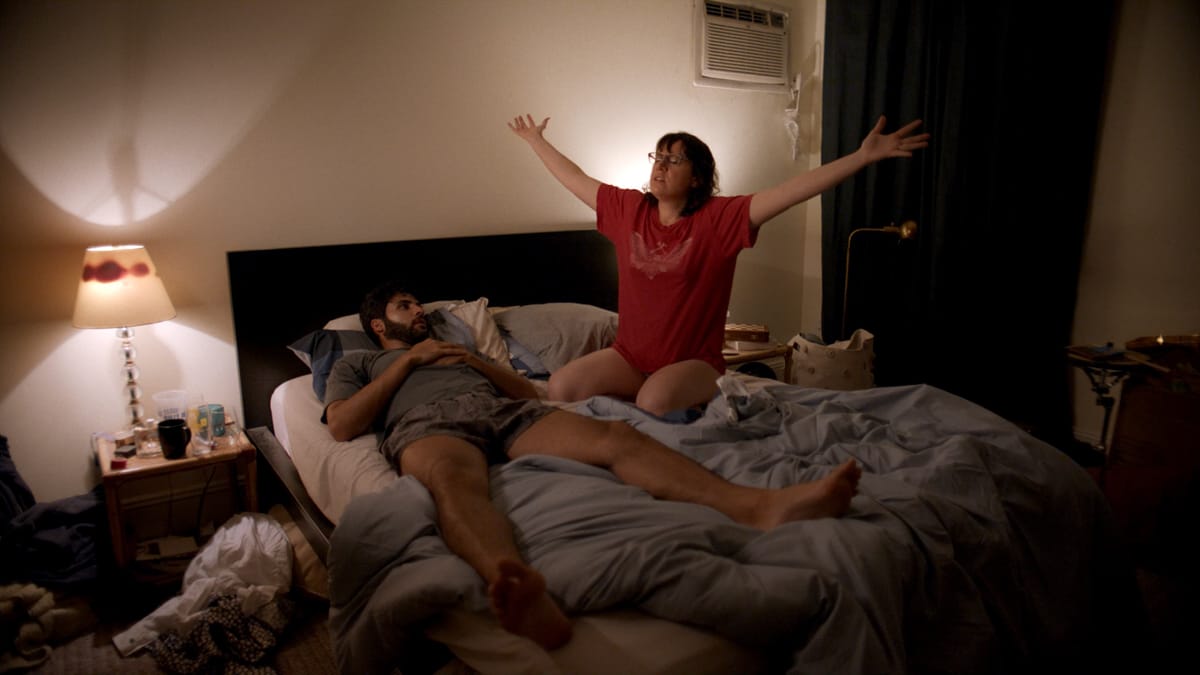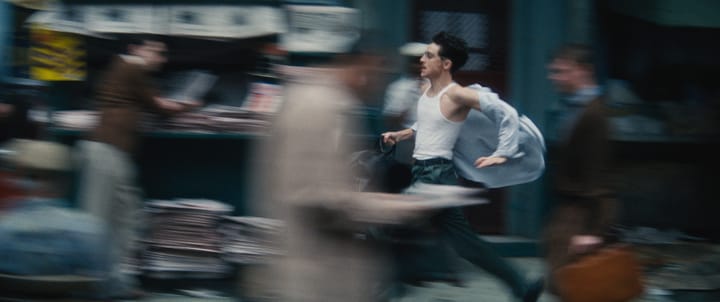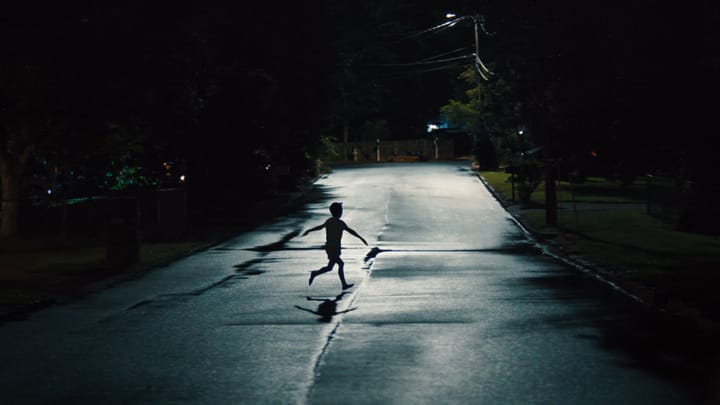The Feeling That the Time For Doing Something Has Passed: Modern Romance

It’s an easy feeling to have. Whether it’s one that permeates your entire being or one that just occasionally drifts through the mind, it’s an undeniable experience. That some part of life is just already gone. Opportunity missed. Maybe life is just sort of unremarkable. Dreary days stuck listening to corporate drivel, even drearier nights living so detached from yourself that even what should be fun and exciting becomes bland and empty. Every day is just a jumbled compilation of uncomfortable moments, awkwardly hanging on every little mistake because the rest of it isn’t even worth remembering.
Joanna Arnow’s The Feeling That the Time for Doing Something Has Passed is a spot on portrait of a particular brand of emotional detachment. This kind of pervading mundanity, where every obligation is empty and meaningless and everyone else is either just as vaguely detached or a reminder of how miserable things are. Where life is dull but there are moments of release, people who allow us to be ourselves, the crucial dynamics of who we trust our bodies with. It’s just impossible to tell how much any of it matters. Maybe it’ll pass like everything else, eventually.
A movie for everyone who thought Secretary was too ostentatious in its presentation of sadomasochism, Arnow’s protagonist Ann drifts through a series of vignettes loosely based around her various kink-centric relationships. At no points does it attempt to be cinematic or sexy, performative or artificial – instead an incredibly vulnerable look at what it actually means to be in this kind of relationship. It’s refreshing in how strikingly honest it is, a kind of reality that’s rarely put on screen, deadpan and detached but still accepting and empathetic.
Yet for all its ideas about contemporary mundanity and matching someone’s energy in search of an abstract emotional release, the flat affect is nonetheless incredibly dry and difficult – an endurance test even at 87 minutes. The chaptered vignette style ultimately detracts because the differences in each are so artificial that it all blends together. Largely, the film is divided between Ann’s long time relationship with her dom Allen (Scott Cohen) and her fresh, new relationship with the kind and generous Chris (Babak Tafti). Allen seems as disinterested in Ann as Ann is in her work, always walking a fine line between being performatively cold as a part of their sexual dynamic and just being blatantly dismissive of her as a person even when she tries to open herself up more to him. Chris is so genuinely nice that Ann isn’t quite sure what to do with herself – so used to the strict dynamics of her BDSM relationships that being with a guy who just wants to hang out on the couch and watch TV almost doesn’t compute.
The dichotomy between these two relationships is where the film succeeds, it just doesn’t seem so interested in capturing that dichotomy, instead jumping back and forth between several other brief relationships and hookups with guys who Ann can never quite connect with. It loses focus, eventually less a pointed vision of our jumbled, awkward lives and more just a jumbled, awkward film. This year’s Sometimes I Think About Dying feels like the more successful version of these ideas, albeit absent the raw sexual vulnerability – maybe it’s down to preferring a more serene and deeply felt atmosphere of loneliness to Arnow’s aggressively dry lens on life’s dull monotony, but Arnow also doesn’t provide enough space to let the ideas ruminate. The rapid fire deadpan overtakes the film, and maybe any given viewer’s particular tolerance for stale, cringe wit will determine their potential mileage.





Comments ()